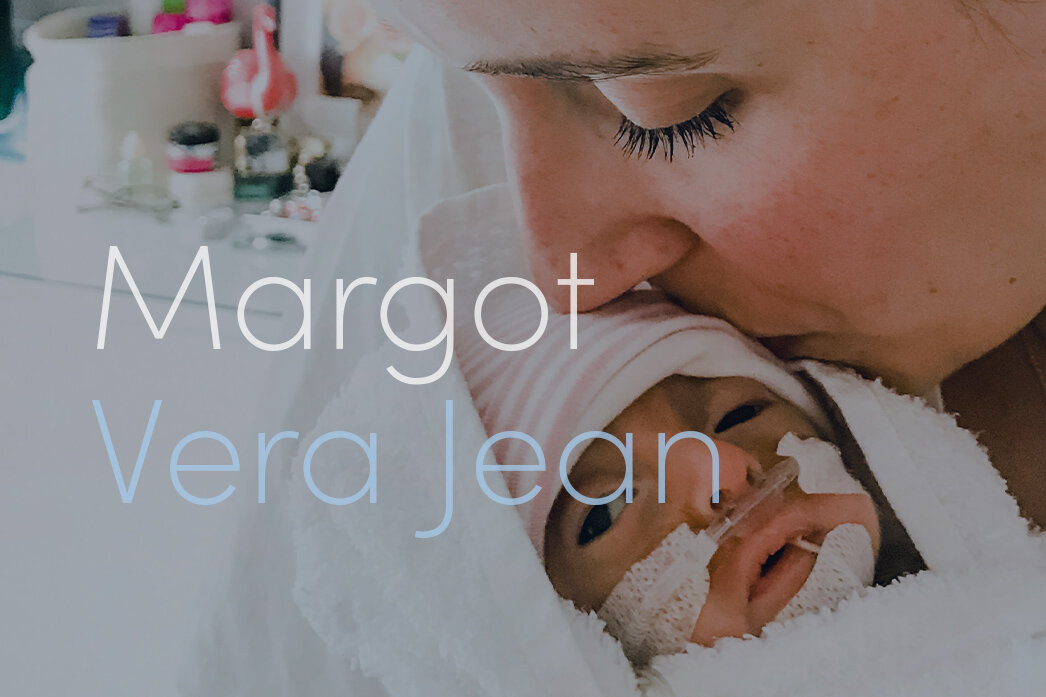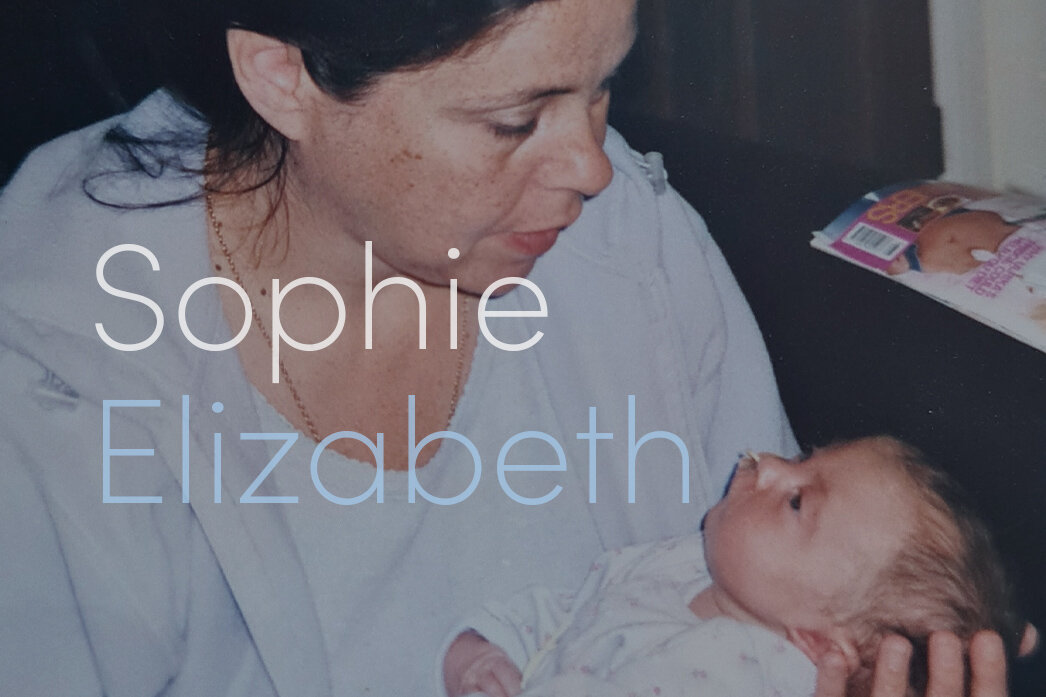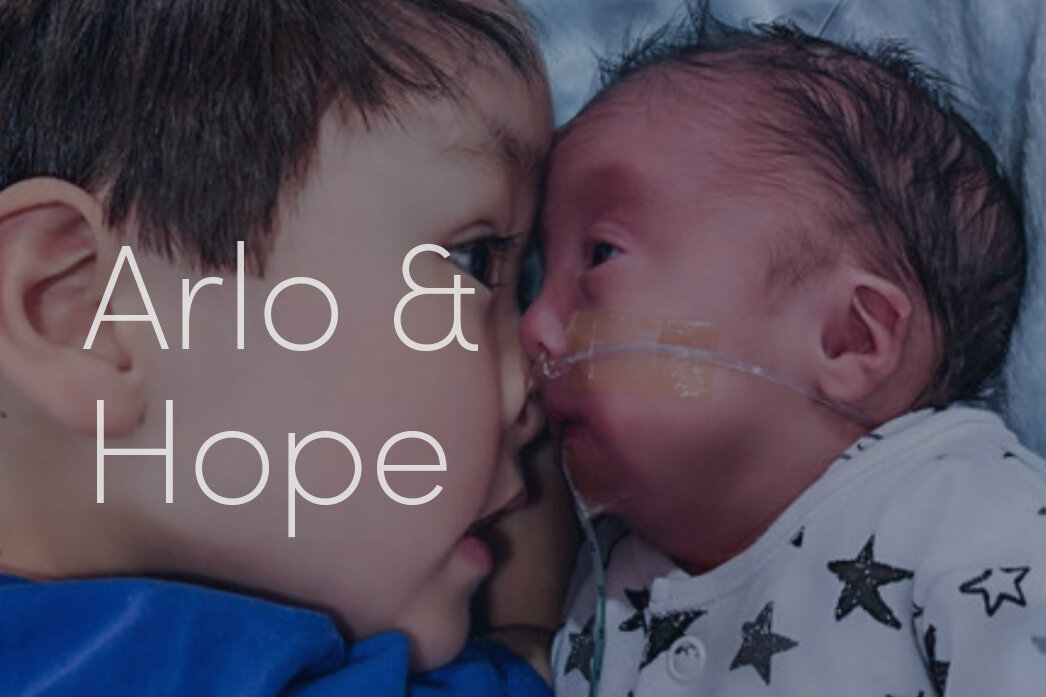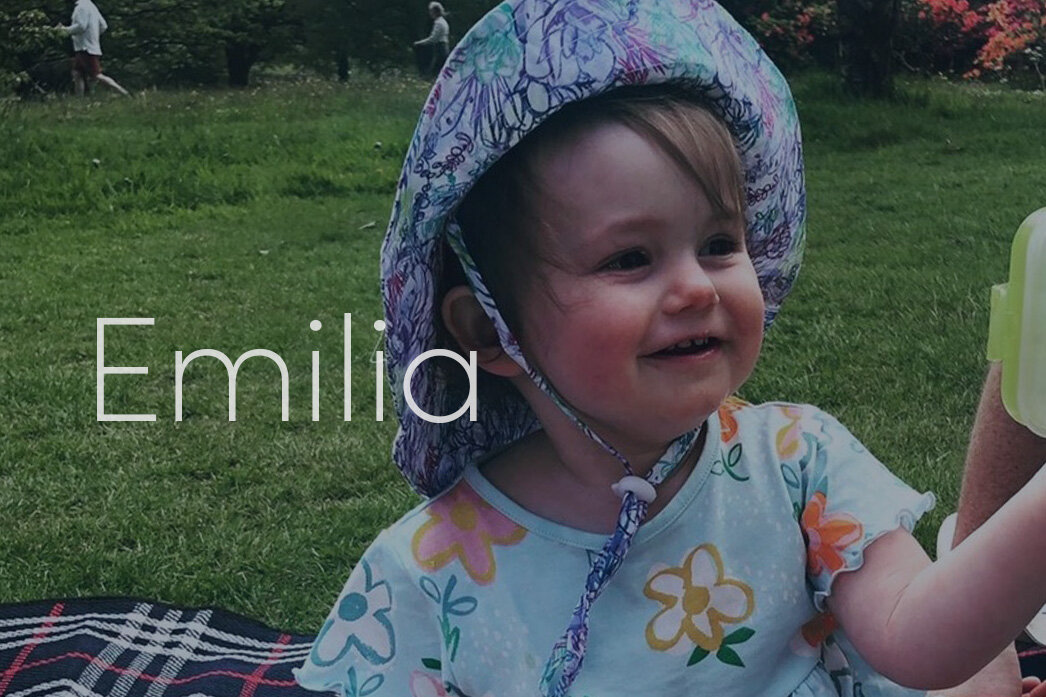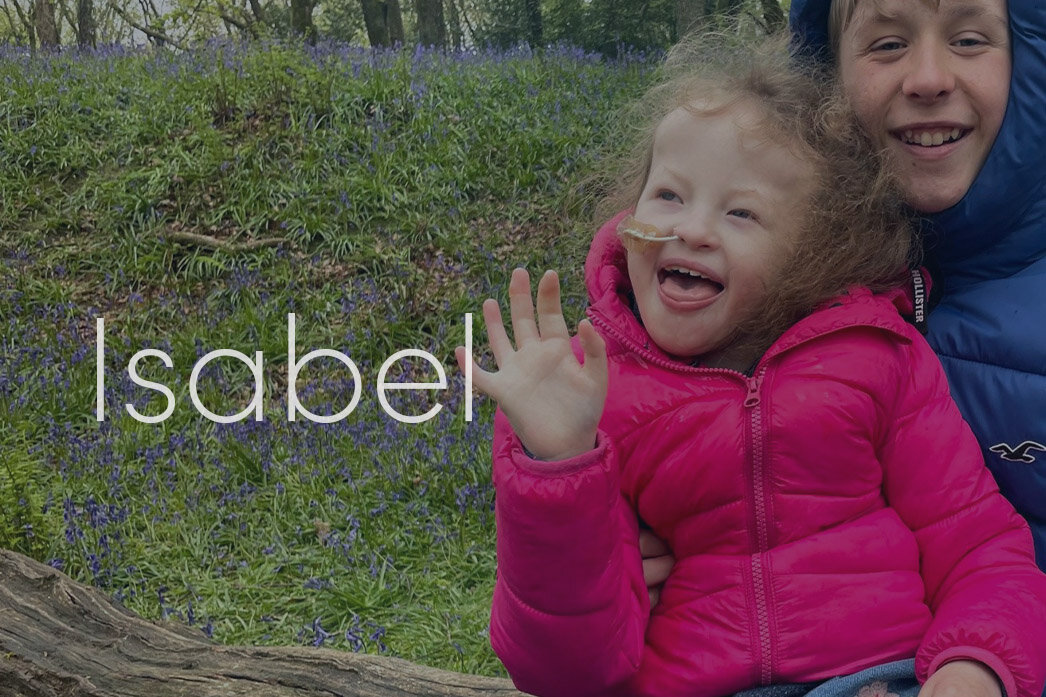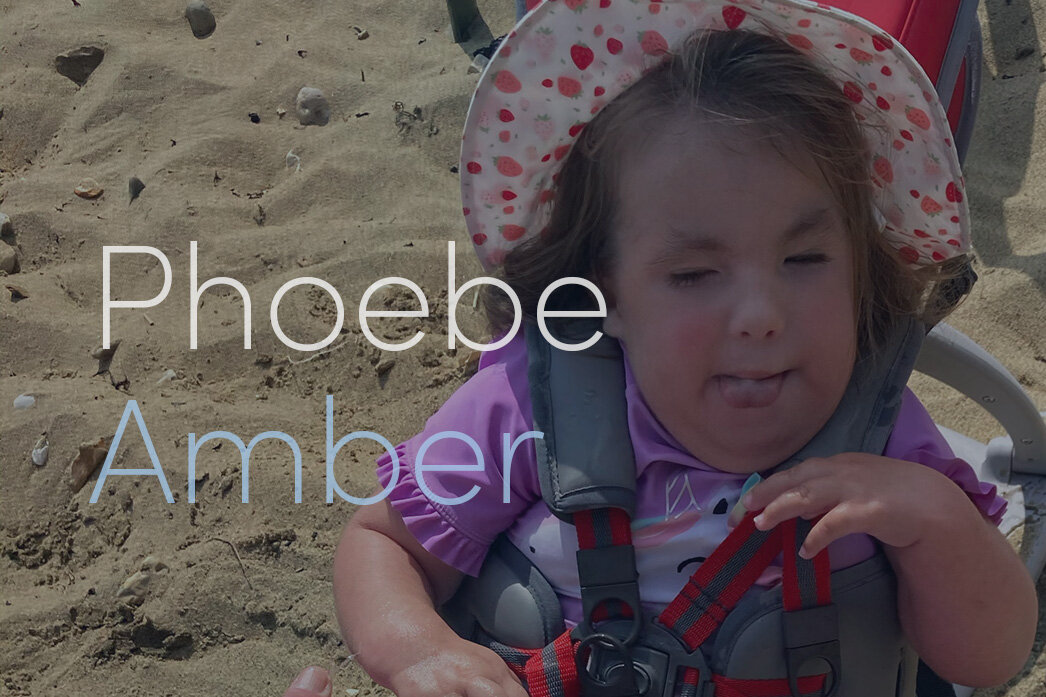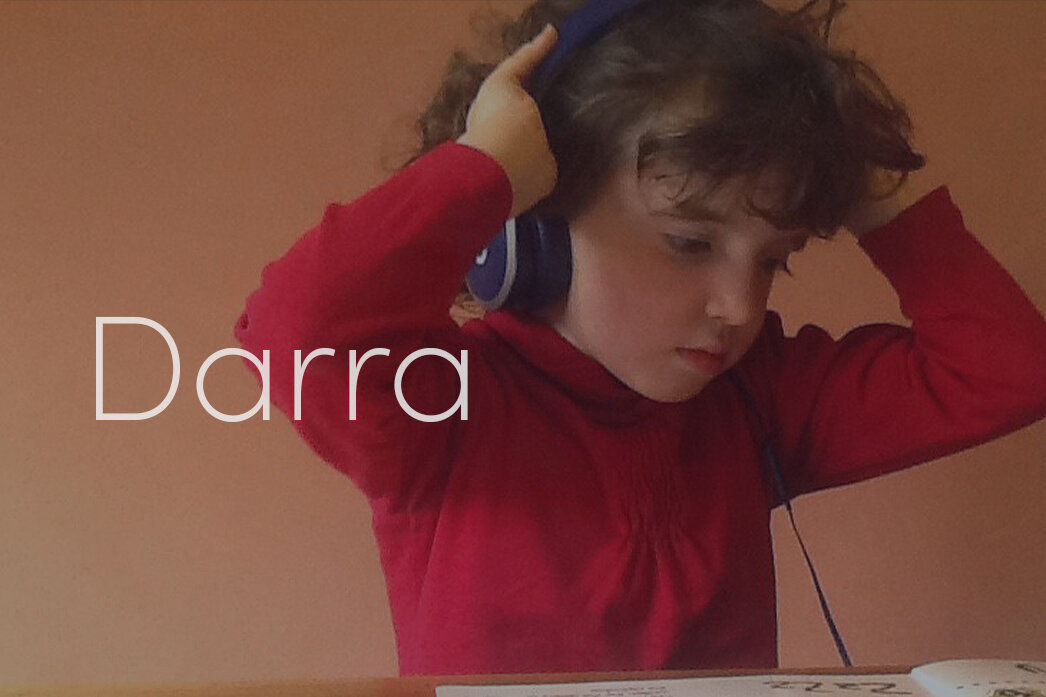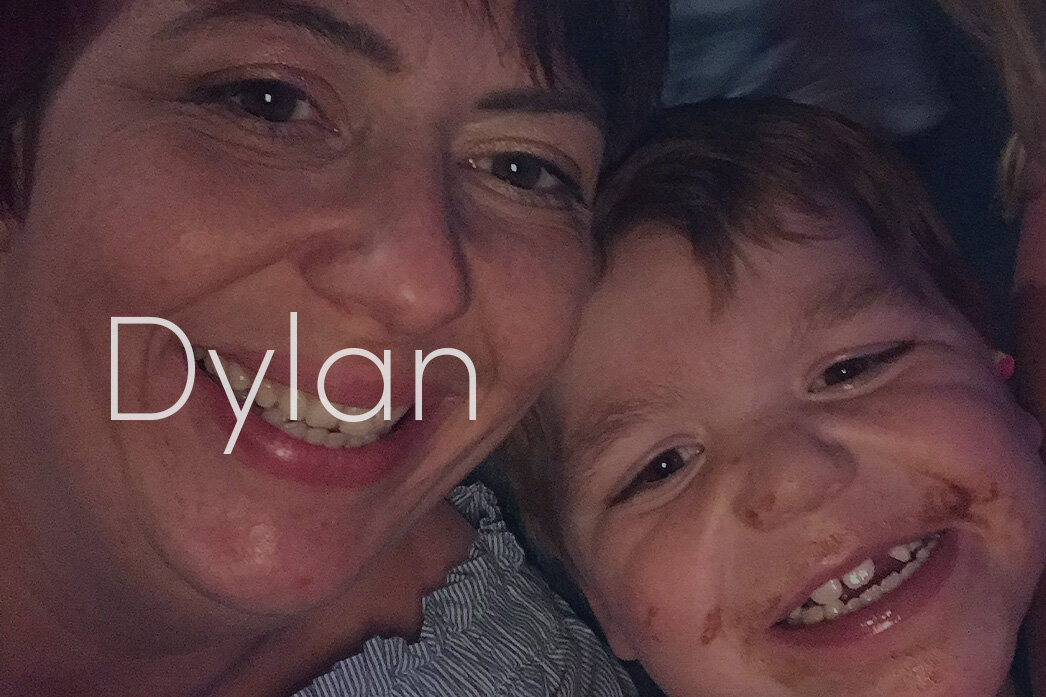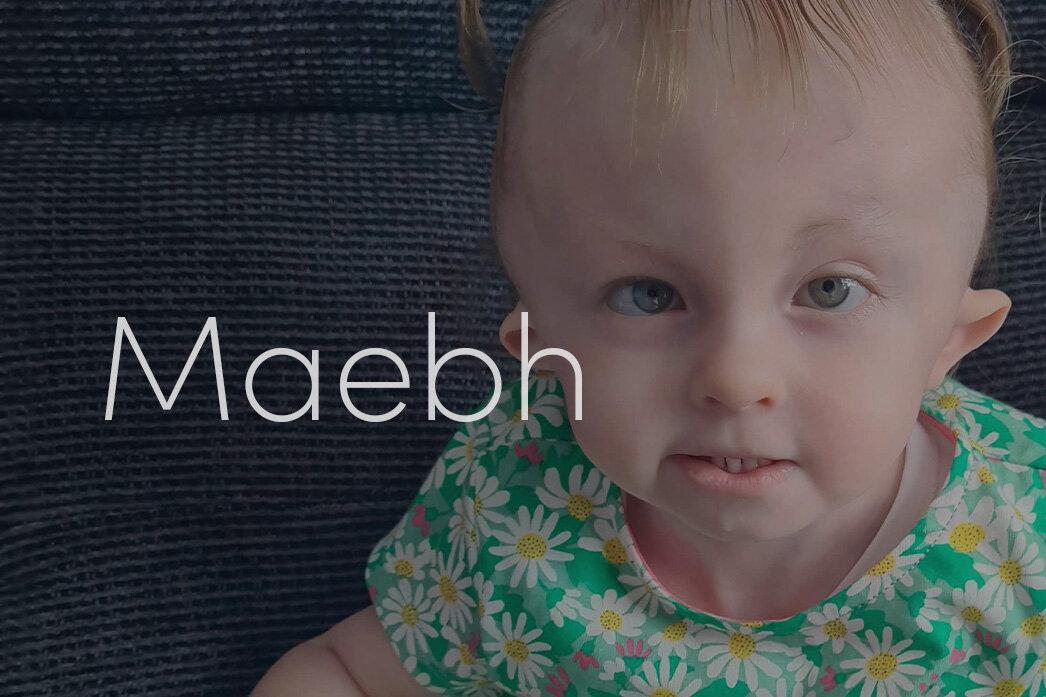Darra is my youngest of four kids.
It was an unremarkable pregnancy, and she was born 7 days late after I was induced. She came out a bit smaller than predicted as she was only 6.1lb but nothing else was physically wrong with her. All her post-natal scoring was perfectly normal.
After the birth, on Day 3, the discharging doctor heard a small heart murmur. He referred us for a follow-up appointment but there was no mention of anything sinister or any cause for concern at that stage.
We were seen 4 weeks later in our local hospital, the consultant paediatrician that reviewed her and carried out investigations told me, quite nonchalantly, that she had a hole in her heart. This obviously freaked me out as I just assumed the worst. We went to see the cardiac specialists in a tertiary hospital, at this time there were no other issues and she was feeding fine.
She’d been seen at least 10 times by our local paediatrician prior to our appointment with the specialist, and at no point had she picked up any red flags apart from this incidental finding of a hole in the heart. The specialist in Bristol said there would be no harm in doing a genetic test. He thought she might have Di-George Syndrome because she had small features and in his words “being born with a hole in your heart is not normal”, hence he wanted to rule out any genetic involvement.
On New Year’s Eve we got an email to say the genetic test was back.
I thought something was up as it was New Year’s Eve and although there was no previous indication of a problem being asked to come in at short notice is a ‘red flag’.
We went to the appointment with my eldest, who was 7 at the time. I’m a nurse and knew there was something wrong when the doctor asked one of the unqualified staff to take our daughter and just stay with her. The doctor had a piece of paper upside down and said: “I’m really sorry but Darra’s got Edwards’.” I jumped up out of the chair because I knew what it was. I had a cousin whose child had died a few hours after birth with Edwards’, so I was aware of it and I just said: “No, she doesn’t have Edwards, don’t be ridiculous”. My husband is non-medical so he was just sitting there wondering why I was challenging the paediatrician.
The way they break bad news is sometimes shocking. The doctor, who had seen Darra at least 10 times and had thought nothing was wrong with her, just said: “She’s got Edwards’, she’ll be dead in a year. I’ll refer you to palliative care” and more or less packed us on our way. My husband was in a puddle by this stage and I was just on auto-pilot. It was New Year’s Eve and there was nobody around so it was purely by chance that the nursery nurse was due to come and weigh Darra. When I told her what had gone on she assured us she would find someone for us to talk to because we shouldn’t be left with this bombshell on a bank holiday weekend. The next 72 hours were a blur…
As the weeks went by, I was walking around like a ghost, living but not living.
It was horrible. I was all about trying to make memories - I was getting castings done of her feet and hands, preparing for her death. I’d brought her christening forward; we had a huge party for 150.
I then spoke to SOFT. I spent all my time on the phone talking to people everywhere and searching on the internet. When I described Darra, they all asked how she could be feeding because children with Trisomy 18 can’t feed; they’re usually tube or peg fed and have respiratory issues. I was taking pictures, measuring her ears, measuring her eyes to the proportion of her head, I was like a lunatic. And everybody just kept saying that she doesn’t fit for a child with full Edwards’ Syndrome.
I was so doubtful about the results. Even though my GP was really helpful, I had to find all the resources and signpost myself. I asked to be seen by the Genetics team and 2 weeks later we saw the Geneticist. Interestingly, that doctor said that Darra did not have Edwards’, she had Mosaic Edwards - she concluded this within 5 minutes from just looking at her (I would ask how a consultant paediatrician could not conclude this too from various clinical reviews).
The Geneticist was shocked that we had been given a diagnosis of Edwards’ without seeing a specialist genetics paediatrician.
The protocol was that we should have been referred to the genetics team and had pre-testing counselling, so we knew what might be found in the genetic testing and were able to deal with it. If the lab had known the test was for a living child, they would have tested more cells which would have shown it was Mosaic Edwards and avoided us going through weeks of trauma thinking that this child is going to die - it was just 6 weeks of hell.
Once we had the diagnosis for Mosaic Edwards, we went to our first SOFT conference and met a few of the other families. We got more of an informed opinion of what Edwards’ is and we found out that those with Mosaic Edwards’ can be as badly affected as somebody with full Edwards’, or you could be like Darra and not know you had it. Darra is 6-years-old now and she’s in mainstream school. She’s the bossy one in the house, she’s perfect really.
Darra now goes for 6 monthly scans for her kidneys and liver to make sure she doesn’t get the cancers that go with Trisomy 18. She is very photosensitive and wears sunglasses in school, and she is sensitive to loud noises. She had to have surgery when she was 3 because although the hole in her heart was closing, it was pulling on her aortic valve. For me that was fairly traumatic. In the early days she had a team around her, everybody was involved. As she got older we were discharged. They are there if we need them, but thankfully we haven’t.
Looking back, I wonder how I got through it.
It was so traumatic. I needed answers and was making rash decisions – it was her vaccination day and I was saying: “What’s the point! The child is dying. Why bother getting her immunized. Let’s just take her home”. I could have made decisions which were very detrimental to our relationship but thankfully I didn’t.
We didn’t tell the other children but I once walked into their playground and felt like a leper because I knew everybody knew - word had got out. Only one parent came and hugged me saying that she didn’t want to be the one in the playground that’s just chatting in the corner. I burst into tears because nobody else wanted to come near me, they just didn’t know what to do. Those little snippets just stick in your head.
I coped because you just have to.
I’m a very pragmatic person so I found as much information as I could about her condition. Once I had everything in place and made contact with people on the Mosaic Facebook page, that kept me sane through the whole journey because I was able to chat with lots of people online, in the dizzy hours of the night, who were just able to coach me. That was the main thing for me, having a sounding board, and I found it was easier to talk to other families who had knowledge about it. I needed hard facts and evidence. I also have good friends who’ve always been around. You need people that you can rely on, people you can talk to.
Darra knows she’s special, and she knows she’s got a superhero scar on her chest but she doesn’t know anything else. Often when we go to the SOFT conferences, everybody looks at us wondering why we’re there because she looks fine. She just lights up a room.
Read the other Stories in the ‘You’re not Alone’ Exhibition
Gratefully supported by:






